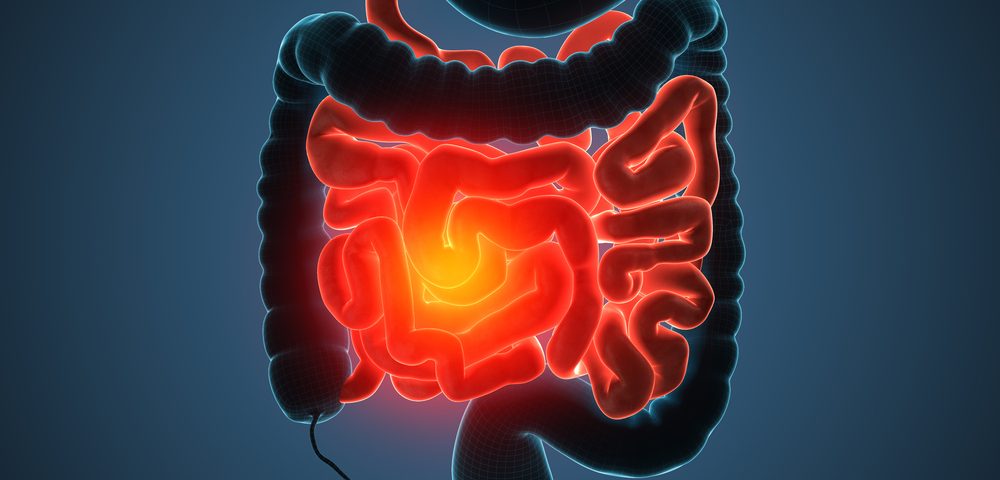Australia’s Immuron announced beneficial results of IMM-124E in acute models of colitis, including clinical parameters, tissue analysis, and immunological biomarkers.
Colitis refers mainly to ulcerative colitis and Crohn’s disease, major categories of inflammatory bowel disease that affect millions of people worldwide. Current knowledge indicates that colitis results from complex interactions between the environment, genetic predisposition, immune response and the gut microbiome.
The disease can cause many symptoms, such as abdominal pain, fever, weight loss, fatigue, and chronic diarrhea, leading to severe limitations in the patient’s quality of life.
Current treatment is not completely successful in up to one-third of patients with colitis and can cause side effects and complications. Also, even in cases where removal of the colon (a colectomy) is performed, certain symptoms of colitis may persist after surgery.
Immuron’s IMM-124E was designed to have strong neutralizing activity against lipopolysaccharides (LPS) antigens, which trigger a pro-inflammatory response. Therefore, IMM-124E would decrease the activity of pro-inflammatory T-cells (immune cells) associated with chronic inflammation. This effect of IMM-124E would be strengthened by adjuvant treatments that promote regulatory T-cells and suppress inflammation in target organs.
The study’s results mark the completion of the first stage of Immuron’s colitis preclinical program. The study was performed in collaboration with a research team led by Gerhard Rogler, MD, PhD, at the University of Zurich in Switzerland. The scientists designed a three-stage preclinical research program to evaluate IMM-124E in well-established animal models of colitis.
“The accumulation of the data coming out of this first stage of our three-stage comprehensive research program has given us confidence that there is a true biological effect of IMM-124E within the acute model,” Rogler said in a press release.
“This has come as a surprise to some of us that such a safe and simple concept would show efficacy,” he added. “We have been taking part in leading colitis research for many years and believe that new approaches, such as the one offered by IMM-124E, are critical for the future of colitis therapy.”
The beneficial effects of IMM-124E add to previous preclinical data generated by Immuron showing that “Immuron’s platform has great potential within colitis as well as other blockbuster indications,” said Dan Peres, MD, Immuron’s senior vice president, Head of Medical. “We view the work done at the University of Zurich as the pillar for all future research and development in this area.”
As a result of the positive results of IMM-124E, Immuron agreed to move forward with the research program.
Overall, the results “demonstrate that IMM-124E is a powerful anti-inflammatory agent with beneficial effects on the health of gastrointestinal organs that are damaged by inflammation including the liver, the pancreas, and the GI tract,” said Immuron CEO Thomas Liquard.
IMM-124E is currently in Phase 2 clinical trials for non-alcoholic steatohepatitis (NASH, NCT02316717) and severe alcoholic steatohepatitis (NCT01968382), two advanced stages of fatty liver disease.

